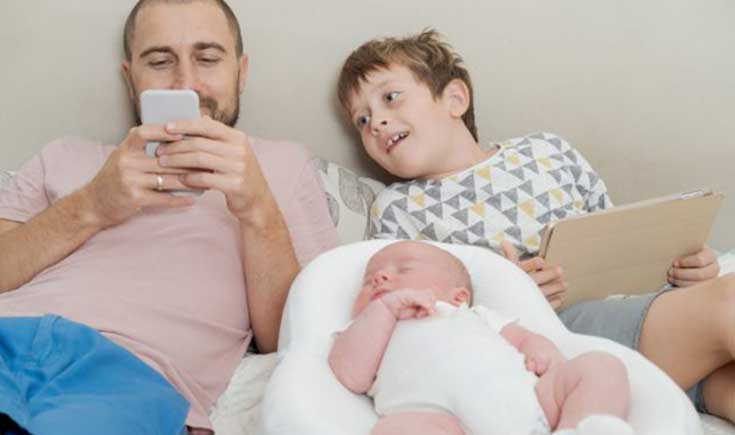

We’ve seen other parts of the world go into coronavirus lockdown, and it’s possible that Australia will follow. Already, people arriving from overseas must self-isolate for 14 days, indoor gatherings over 100 people are banned, and for the first time in history, the blanket advice from the Prime Minister is ‘do not travel’ for all overseas travel.
What do we know about lockdowns that are in place now?
- Several European countries have closed down major institutions, such as schools and universities, plus non-essential sites including cafes, restaurants, many retail businesses, and cinemas.
- Grocery stores, pharmacies, banks, and public transport are still open.
- Italy, which is the worst-hit European country, is on a national lockdown. Italians can only commute for work, medical reasons, and other emergencies. Public events are banned, and many Italian cities have now closed playgrounds and parks. These restrictions are set to last until April at this stage.
- In the UK, part of their action plan is to isolate people aged over 70 for up to 4 months.
What could it mean for you as a parent if we go into lockdown?
Thousands of Australians are already staying in quarantine at home, whether it’s their choice or they’ve been ordered to. Exactly how a lockdown would work in Australia remains to be seen, but from what has occurred during lockdowns elsewhere, you can expect to still be able to buy groceries, post mail, and access emergency services.
Doing things like buying groceries would just look different during a lockdown. It may mean only allowing several customers into the supermarket at one time, wearing gloves, and social distancing. However, according to the National Farmers’ Federation chief executive, Tony Mahar, we are certainly not running out of food.
This means that there is no reason to panic buy and stockpile food
Australia is a major food producer, and much of what we eat is home-grown. We actually make more than we consume. Professor Mortimer, Queensland University of Technology’s retail expert, believes that we won’t ever encounter a genuine food crisis where we run out of food and supplies.
‘If people keep calm, keep a measured approach and take what they need, the supply chain is capable of responding to it’, according to Mahar.
What other precautions could you take to help prevent the spread of coronavirus?
At this stage of the pandemic, aside from handwashing and all other hygiene-related measures, you may choose to socially distance yourself and your family.
Social distancing is a proven way to slow pandemics
It’s becoming increasingly important to practice social distancing, even if you’re not ill or at high risk. Put simply, the idea is to maintain a distance between you and other people of at least 1.5 metres. This could include:
- Avoiding public transport whenever possible
- Limiting non-essential travel
- Working from home
- Skipping social gatherings
- You may decide to cancel playgroups, swimming lessons, gym classes etc
- You may want to avoid high-traffic public areas, such as the playgrounds
Social distancing doesn’t mean self-isolation. You don’t have to stay home. Get outside with your baby, walk your dog, get fresh air and exercise, but try to avoid being in close contact with other people. When you get home from any outing, wash your hands and any surfaces you touch.
The great thing about technology is that social distancing doesn’t have to feel like social isolation. Stay connected with friends, family, and your community via social media, video chats, participate in online games, and enrol in remote learning classes. Don’t forget to reach out via phone to the sick and high-risk people who are self-isolating.
If you think you or your baby have coronavirus
You can call the healthdirect helpline on 1800 022 222 to speak with a registered nurse.
For general information on the coronavirus disease (COVID-19), call the Australian Government’s Coronavirus Health Information Line on 1800 020 080.























